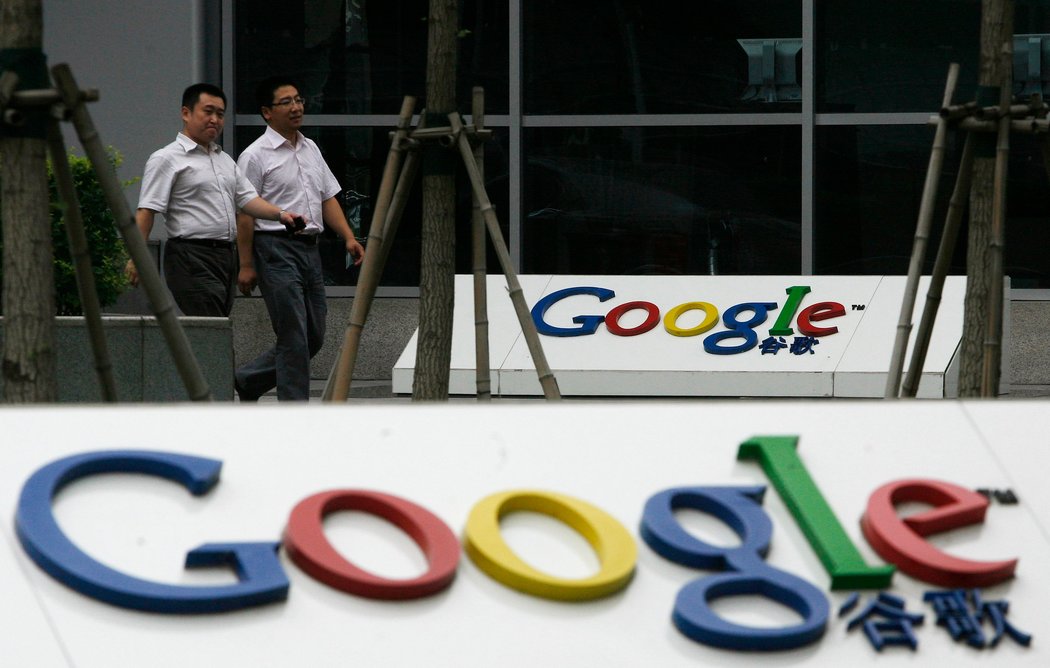Will Google search actually return to China?

A day after news leaked that a secret, censored version of Google’s search engine for Android phones was under development for the Chinese market, multiple reports have cast doubt on the likelihood of the product ever being released.
Based on fears that it could be eventually approved, the stock of Baidu, the company that filled Google’s search engine void when it left China in 2010, plunged 7.7 percent, according to TechNode.
Even if the censored search engine is not approved, Google seems unlikely to cease its efforts to expand into more and more corners of the Chinese market. The Information reports (paywall) that a competitor to AI-powered news app Toutiao has also been under development by Google “since last year,” and that, of course, it would “comply with the country’s strict censorship laws.”
Doubt and controversy inside Google
Google has made no specific comment on the censored search engine plans, but provided this statement to media outlets:
“We provide a number of mobile apps in China, such as Google Translate and Files Go, help Chinese developers, and have made significant investments in Chinese companies like JD.com. But we don’t comment on speculation about future plans.”
However, sources from inside the company have spoken anonymously to media and played down the certainty of the plans. The New York Times reports (paywall):
“Yet the existence of the project does not mean that Google’s return to China is imminent, the [two people with knowledge of the plans] cautioned. Google often builds and tests different services that never become publicly available.”
“Talks between Google and the Chinese government over the censored search engine began before the start of the recent trade war between the United States and China, one of the people said. The talks were not going well, this person added.”
And while sources inside Google confirmed to the Times that a version of the Android app has been demonstrated to the Chinese government, the Wall Street Journal notes (paywall):
“One of those [people familiar with the matter] said the censorship product is still at the testing stage, and hasn’t been formally submitted to the government for approval. This person added the product is controversial internally because it would represent Google accepting censorship.”
Bloomberg took the most comprehensive temperature test of the controversy that the news has generated among Googlers (paywall). A few excerpts:
- Many employees saw the project as a betrayal of the company’s original vision (what it still describes as the “goal” of the company) to “organize the world’s information and make it universally available.”
- At least one employee “transferred to a different role at the company because of ethical concerns” over the accomodation of Chinese censorship, Bloomberg reports.
- But others “said that boycotting the country did little to change the Chinese government or ‘bring any positive change,’” and objected to the exclusion of one-fifth of the world’s population from access to Google’s information technology.
- “As a Chinese citizen working for a company that my parents and relatives can’t access is demotivating,” one employee wrote on an internal messaging board.
Skepticism among analysts
The project couldn’t come at a worse time, given the ongoing U.S.-China trade war — which increasingly centers on technological competition — and that an office in eastern China set up by Facebook was swiftly shut down by central government authorities on July 25. “I don’t see any Chinese authorities at the moment really looking to bend over backward to make any major concessions for a company like Google,” Mark Natkin, the founder and managing director of Marbridge Consulting, told Inkstone.
Other analysts cited China’s “long memory” of past criticism from Google executives, the Wall Street Journal says (paywall). Back in 2010, when Google exited China, the company co-founder Sergey Brin said “with respect to censorship, with respect to surveillance of dissidents, I see the same earmarks of totalitarianism, and I find that personally quite troubling.”
Google would need to hire “huge armies of censors” to truly re-enter the sensitive search and information sector in China, New York Times columnist Li Yuan writes on Twitter. Dealing with censorship is “an abyss that sucks in a lot of resources and energy,” Li writes. “An exec at an internet giant once told me that their AI speaker could be much better if they didn’t have to spend so much time on censoring sensitive stuff.”
Other reports on Google’s return to China:
- ‘Profit before human rights’: NGOs slam Google’s reported plan to launch censored service in China / Hong Kong Free Press
Includes quotes from Human Rights Watch, Amnesty International, and Reporters Without Borders. - Seven times US companies gave in to pressure from China / Abacus
The seven: Apple in 2017, when it pulled some VPNs from its app store; Apple this year, when it moved iCloud data to a Chinese server; Amazon in 2017, when its Chinese partner told users to stop using VPNs; U.S.-based airlines this year, when they stopped listing “Taiwan” in the same place as countries; LinkedIn since 2014, when it began censoring sensitive articles; Microsoft in 2006, when it shut down a blog of a government critic; and Yahoo in 2005, when it helped the Chinese government repress a journalist. - Google search might return to China’s internet, and some users can hardly wait / Quartz
“On Toutiao, a popular Chinese news aggregation app, a number of posts reacting to the news shared the same sentiment: Google is great, and Baidu is bad. Some top-ranked comments include…” - Is Google partnering with Tencent for its China comeback? / TechNode
“It is safe to assume at this point that both Google and Facebook are prioritizing re-entry into the China market. There is also a growing amount of evidence to suggest that they are doing so with the assistance of Tencent, and possibly even Alibaba.”






